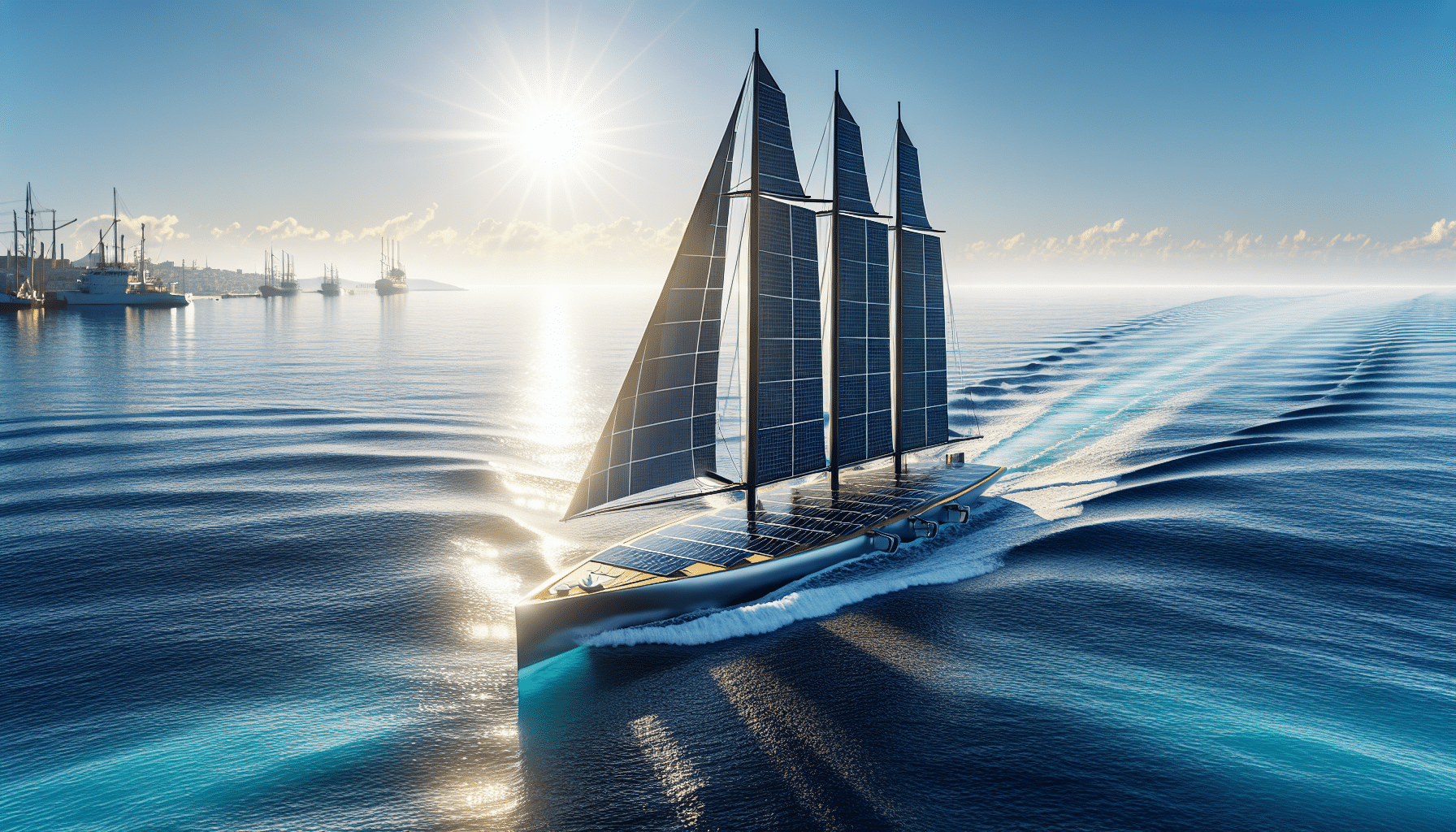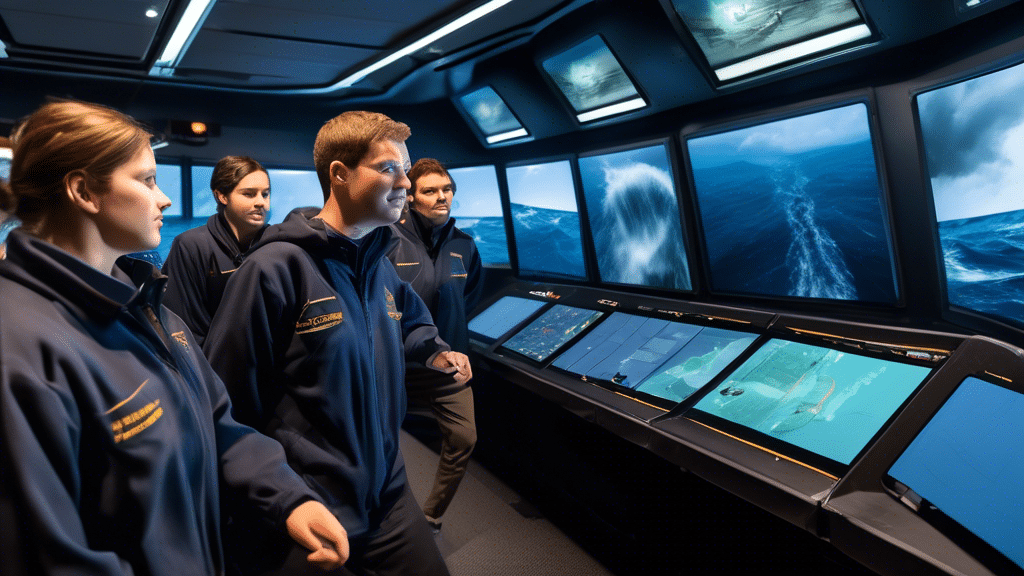Innovative Trends in Ship Design
The marine industry is currently undergoing a significant transformation, fueled by advancements in technology and the urgency to minimize environmental impacts. Ship design is at the forefront of this revolution, with new trends emerging that promise to redefine marine transport’s efficiency, sustainability, and functionality. Below are some of the most innovative trends in ship design that are setting the course for the future of maritime travel and transport.
Energy Efficiency and Sustainability
One of the primary focuses in modern ship design is enhancing energy efficiency and embracing sustainability. Designers are now incorporating features that reduce fuel consumption and lower emissions. Hybrid propulsion systems, which combine traditional internal combustion engines with electric propulsion, are increasingly being used. These systems significantly reduce fuel consumption and emissions. Similarly, there’s a growing trend towards utilizing alternative fuels such as LNG (Liquefied Natural Gas) and even exploring possibilities with hydrogen fuel cells and ammonia, aiming for zero-emission solutions. Aerodynamic hull designs are also being developed to decrease water resistance, further cutting fuel use and enhancing speed.
Autonomous Ships
The concept of autonomous, or unmanned ships, is rapidly moving from theory to practice. These vessels are designed to operate without a crew, relying on advanced navigation and operational technologies. They promise to revolutionize the shipping industry by improving safety – removing human error from navigation and operation – and increasing efficiency through optimal route planning and reduced operational costs. Projects like the YARA Birkeland in Norway, the world’s first fully electric and autonomous container ship, underline the potential and growing interest in this technology.
Digitalization and Smart Technologies
Digitalization is another key trend in ship design, embedding smart technologies into vessels to enhance performance and monitoring. Internet of Things (IoT) sensors, AI, and other advanced technologies are being used for predictive maintenance, efficient fuel management, and optimal route selection. These digital tools enable real-time data collection and analysis, ensuring that every aspect of the ship’s operation is optimized for performance and sustainability.
Modular Design and Construction
Modular design and construction methods are transforming how ships are built. This approach allows different sections of a ship to be constructed simultaneously at different locations, significantly speeding up the construction process. Moreover, modular designs support the philosophy of ships as platforms, where various modules can be quickly swapped or upgraded without taking the entire vessel out of service, thus extending the ship’s operational life and adaptability.
Advanced Materials
The use of advanced materials in shipbuilding is another trend aimed at enhancing efficiency and sustainability. Lightweight materials such as high-strength steel, aluminum, and composites are being used to reduce overall vessel weight, leading to lower fuel consumption and emissions. Additionally, these materials often offer improved durability and resistance to harsh marine environments, reducing maintenance needs and extending the lifespan of ships.
Together, these innovative trends in ship design are not just shaping the future of individual vessels but are steering the entire marine industry towards a more efficient, sustainable, and technologically advanced future. As these trends evolve and mature, they hold the promise of fundamentally transforming maritime transport, making it safer, greener, and more efficient than ever before.







